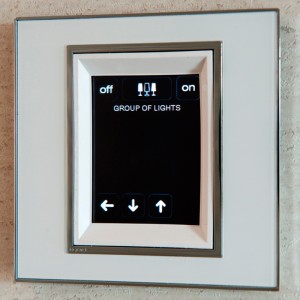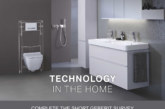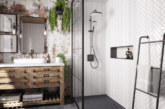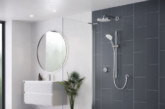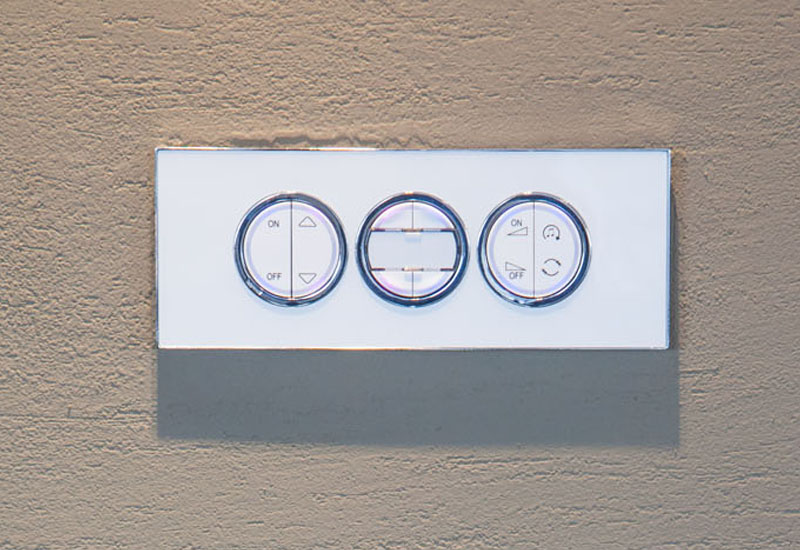
Richard Hayward, lead marketing manager for Legrand’s wiring devices business, addresses smart technology adoption and the consequence for our everyday lives.
The truth of the matter is, consumers around the world have an insatiable appetite for technology which, thanks to the arrival of new portable tech in recent years such as the smart phone and tablet, has helped to change the way that we live, work, and shop. Now, with an increasing focus on the Internet of Things (IoT), the possibilities for the consumer to connect everything in the home with a whole host of new technologies, and all through smart devices, are endless.
Crucially, the way we interact with technology is changing. Rather than simply inputting a command, technology can be programmed to shape actions based on consumer tastes and experiences over time. If you consider technology in the home today, we can set the heating to come on at a certain time because we have set the timer – the output is directly linked to us doing something. But, technology has moved on and has the capacity to ‘learn’ so that when you arrive home, the lights come on automatically and the stereo tunes in to your favourite music station – without you having to tell it to.
Intelligent homes
Just as computers record our buying patterns and visits, our homes too can be intelligent and alter and shift in order to enhance our lives. Homeowners are already familiar with technology such as smart phones, tablets and smart TVs, and are increasingly expecting it to be part of their lives. Therefore, integrating this technology with everyday home processes, through the IoT, is an exciting next step.
“A growing requirement for cost savings and efficiencies, throughout the market, could also be one of the biggest factors in smart technology adoption in coming years.”
Yet, lifestyle and convenience are not the only factors influencing change. A growing requirement for cost savings and efficiencies, throughout the market, could also be one of the biggest factors in smart technology adoption in coming years, thanks in part to the smart meter rollout.
As such, the way that the UK uses energy in the home is also changing. The smart meter rollout and the introduction of in-house display units, will help consumers to visualise how and where we all use energy. As the country begins to shift away from a centralised energy network, and our homes become both generators and users of electricity, there will gradually be a shift in perception around energy and efficiency. The intelligent home, linked to the smart grid, can adapt to peaks in demand and call for, or divert, energy accordingly in order to relieve stress on the grid during peak times.
It’s important to remember however that while energy efficiency is important, the average consumer doesn’t buy the latest gadget because it is efficient or because it will save them money. It is our desire for new technology, and an appetite for smarter control solutions that will be key to the widespread adoption of home automation. Efficiency will therefore come as a secondary benefit.
The next steps
As technology continues to develop and becomes more integrated with current products and solutions within the market, consumers will begin to understand its true potential in terms of cost savings and convenience. In truth, smart phones and tablets have opened up a gateway to a more connected world, which has been made possible through the IoT.
The next step is two-fold; educating the market in what is possible, and secondly helping to influence change which we all have a role to play in. As smart home technology develops, now is the time for the industry to make a real stamp on the home market.
For further information, please visit www.legrand.co.uk

